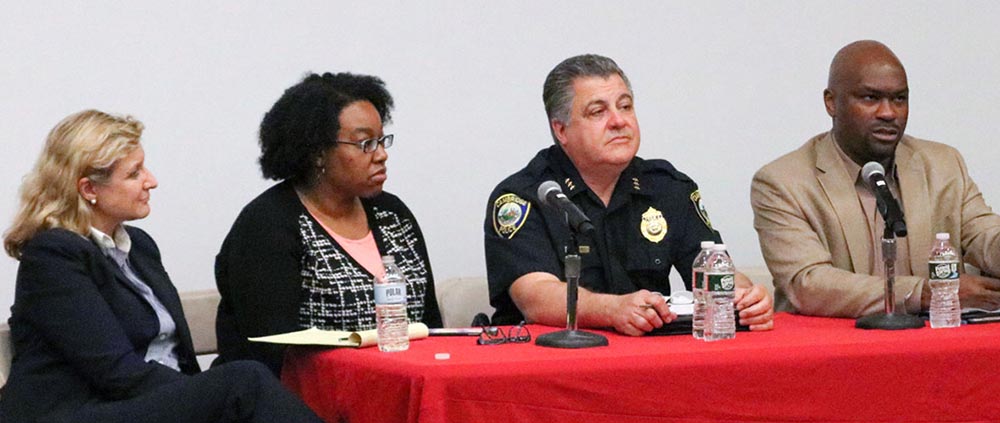
SFY is often asked by legislators, reformers, communities, government agencies and parents questions like:
of basic training in police academies is spent on juvenile justice issues.
provide new officers training on teen development and psychology
provide include information about DMC in their juvenile justice curriculum.
provide new officers training on teen mental health issues.
Please sign up for our newsletter to the latest on Strategies for Youth’s efforts to create safe and thriving communitities for our children.